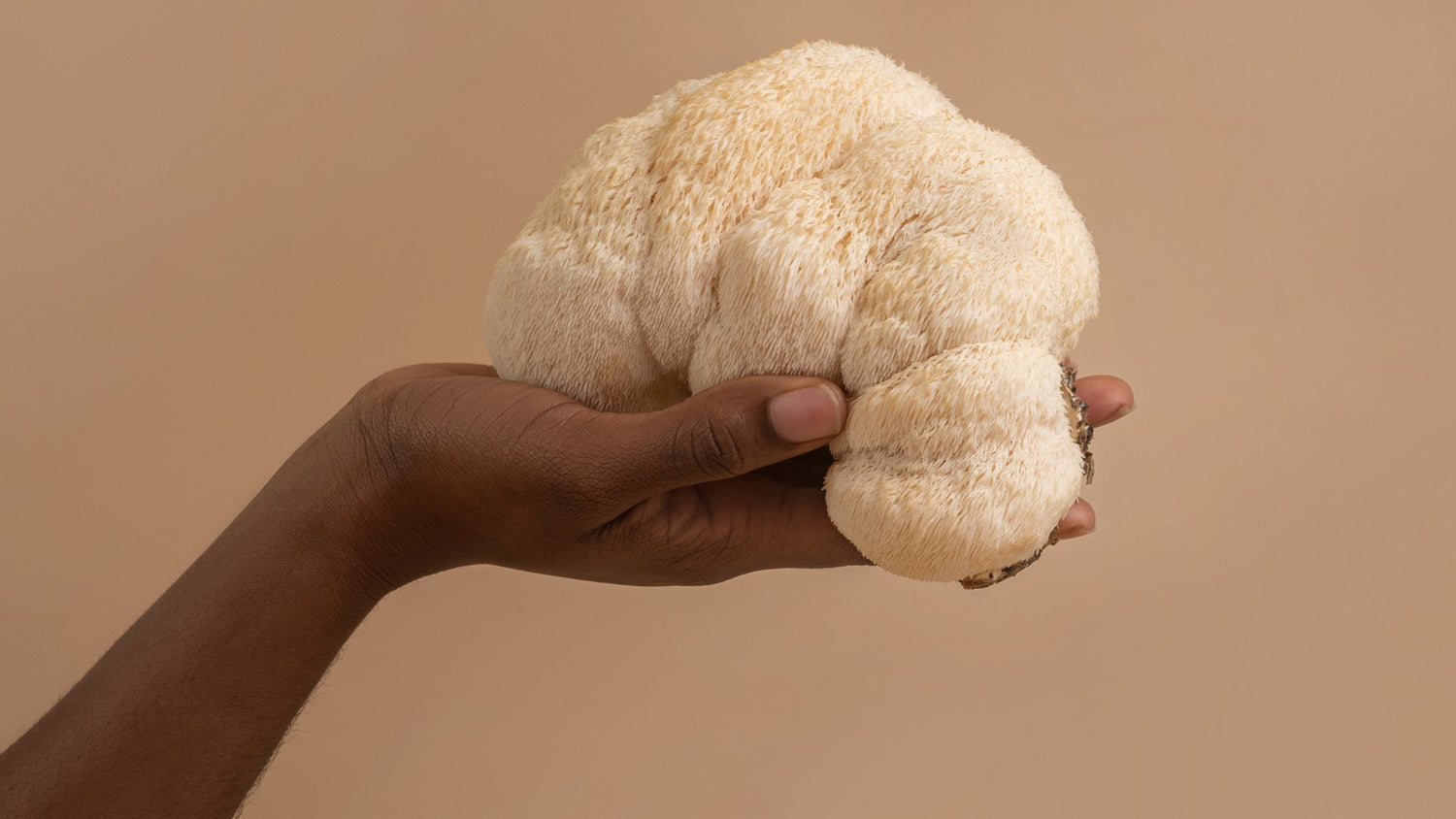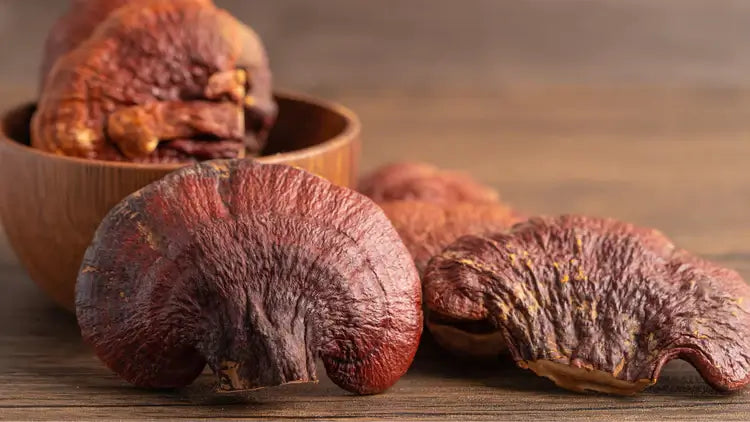We all know what healthy eating is but sometimes it feels that we have to spend more to eat better quality food.
Eating healthy doesn’t have to be as expensive as you think…organic produce, gourmet items and high-quality supplements can add weight to the weekly bill but there’s lots of simple hacks that mean you can eat well, plan mindfully and limit your exposure to processed foods.
Planning is key. The weeks I do a meal plan I am less stressed, always have the ingredients in, and I don’t get that feeling of getting to the end of the day and panicking about what to eat for dinner. That rush to the shops and haphazard way of throwing things in the basket to make that evening’s meal means I always end up overspending. Look at the week ahead and work out how many meals you will need. Include packed lunches for you and the family and any meals out so you don’t buy more than you need and create waste.
Make a list before you go to the shops of ingredients needed. It means you spend less time aimlessly wandering down each aisle and ensures you aren’t tempted by the endless special offers that are often overly processed and unhealthy options. Supermarkets are designed to make you buy more – particularly the end of aisles and middle shelves and its rarely the good stuff that’s tempting you!
Having said that keep an eye out for special offers like the Aldi super 6 on fruit and veg - a weekly discount on 6 fruits and vegetables that change each week and can be as little as 39p. Most supermarkets have similar incentives and voucher schemes with an app or loyalty card you can use in store. It’s worth checking them before you go in as these change from week to week and often have money off coupons when you do a large shop (£5 off a £40 shop)
Buy in bulk wherever possible, it’s always cheaper. Things like unbranded large bags of oats, pulses and beans are inexpensive. Pre chopped fruit and veg although convenient, costs much more and goes off much quicker. It’s also less nutrient dense as its exposed to light and oxygen. Don’t dismiss frozen fruit and veg either, it’s cheaper and tends to be picked and packed at source so doesn’t lose its goodness. Peas, berries and even chilli and herbs are great options.
Do the prep when you get home and cook in big batches when possible. Stews and chillies can be portioned up and frozen for a later date. Use Sundays to prepare snacks options for the week ahead. Think boiled eggs and overnight oats – quick grab and go options that will keep in the fridge for a few days.
Sounds an obvious one but chop veg and salad, present it neatly and at the front of the fridge so it’s the first thing you see when you open the door.
It’s no good buying whole cucumbers and peppers if they languish in the bottom of the vegetable tray hidden and going off. Cut into bite sized pieces, pop in a bowl and you’re more likely to pick at them when you are hungry.
Ultimately it comes down to personal choice on where you would like to allocate your finances. There’s no getting around the fact that some healthier options do cost more but if you are cutting back on other things like alcohol and takeaways then there’s more in your purse to spend on a fridge full of wholesome ingredients Knowing that nourishing your body also means more energy, better sleep and clearer skin makes the choice a more compelling one.





